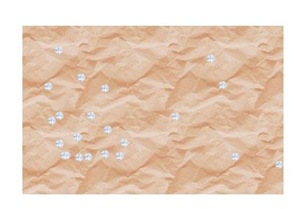I am not a mathematician and I don't really have any particular knowledge of it beyond what I have picked up when working on statistics and the basic maths you use in science. Science generally, and particularly the kind of rough and ready development work that I do, is a pretty imprecise business. There is a lot of guesswork. There is something very impressive about maths. It is pure and logical and you can actually prove something. In science even the best theory is just sitting waiting for someone to come along and knock it off its perch.
So when I was driving to a symposium I was delighted to hear on Radio 4 a programme in Melvyn Bragg's In Our Time series on Kurt Godel's Incompleteness Theory. It seems that at the end of the nineteenth century mathematicians had come to the conclusion that they had nearly 'finished' setting maths onto its final form. A large conference was held in 1900 at Königsburg where David Hilbert issued a challenge. The structure of mathematics was impressive but it rested on some axioms that could sometimes be inconsistent or even paradoxical. These needed sorting. Then mathematics would be established as a logical coherent whole - a solid framework into which everything could fit.
But it didn't quite turn out that way. A maverick called Kurt Godel managed to prove, with some pretty advanced set theory, that it was possible to prove that it is impossible to have a logically self consistent logical set of theorums from any given set of axioms.
David Hilbert was really cheesed off. He never acknowledged Gödel's achievement, but he never worked in that area again tacitly accepting that his project was now known to be impossible.
I have always had a soft spot for Godel's Incompleteness Theorum. I once saw it in a bookshop in paperback. Just £5.95 for the whole thing. Think of it, the whole incompleteness theory for only just over a fiver. The perfect gift for the person who has everything. And not only does it solve that particular conundrum, I also find it comforting to live in a world in which it is possible to prove by algebra that somehow things will never completely make sense.
P.S., I have just realised,doing a bit of research, that it should be the incompleteness theorum, not the incompleteness theory. If you have got here from Google you have probably put the wrong search term in. Try http://en.wikipedia.org/wiki/Incompleteness_theorem instead. I don't know what the difference between a theorum and and a theory is.

No comments:
Post a Comment